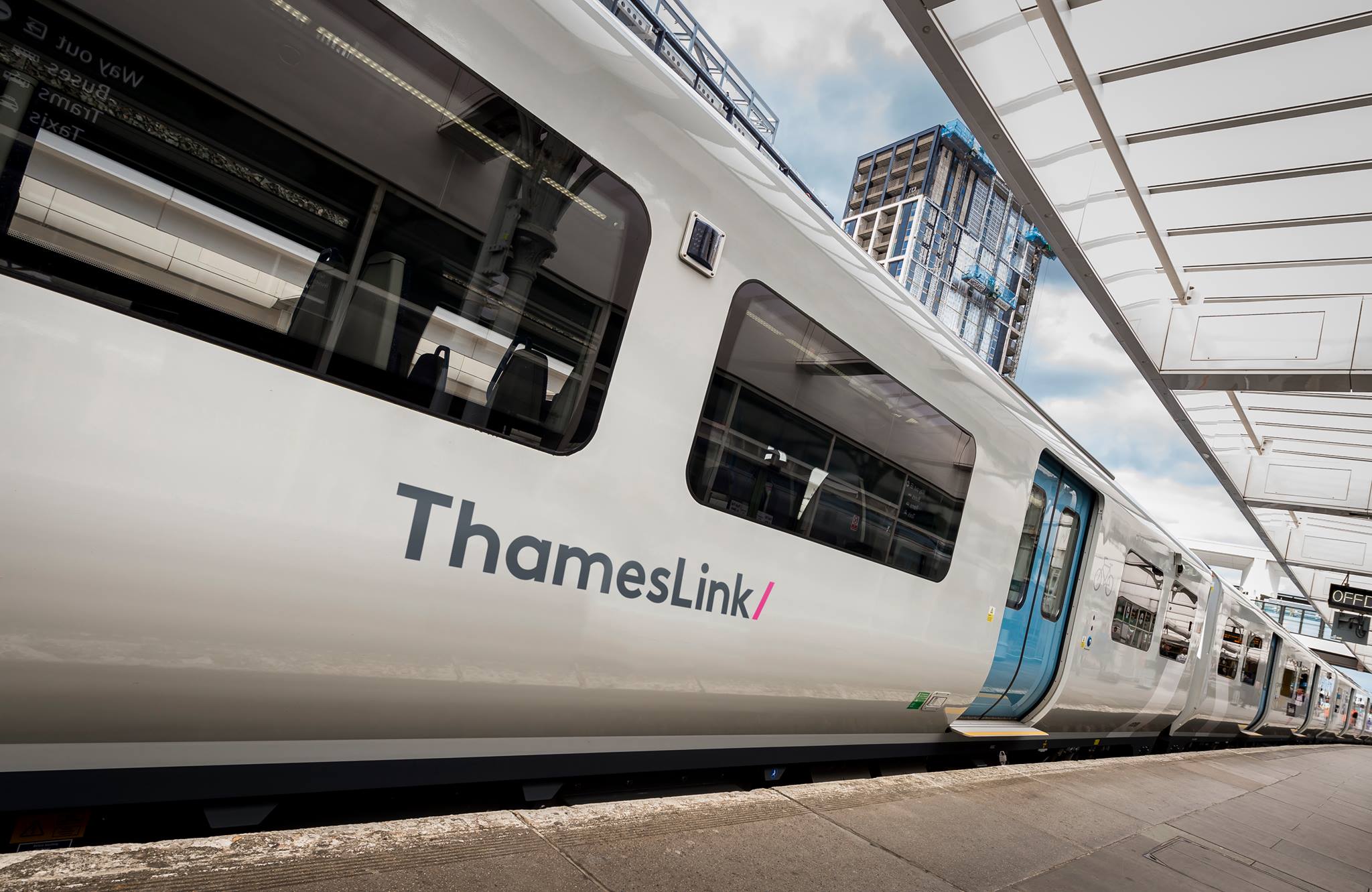
Govia Thameslink Fare Evasion Policies
Govia Thameslink Railway (GTR) operates one of the UK's largest rail franchises, including Thameslink, Southern, Great Northern, and Gatwick Express services. With such an extensive network across London and the South East, they maintain comprehensive fare enforcement policies. If you've received a penalty fare notice or are facing prosecution for fare evasion on any GTR service, understanding their specific procedures and your legal rights is essential.
Penalty Fare Amount
Govia Thameslink currently charges penalty fares of £20 or twice the full single fare to the next station, whichever is greater. For longer journeys or repeat offenders, penalties can increase to £100 plus the full fare. GTR is known for their thorough approach to fare enforcement across their extensive network.
Appeal Process
You have 21 days to appeal a GTR penalty fare through their Independent Appeals Service. GTR has one of the most structured appeal processes, which requires detailed evidence and clear reasoning. Our specialists are familiar with their specific requirements and can significantly improve your chances of a successful appeal.
Prosecution Thresholds
GTR may pursue prosecution instead of penalty fares for deliberate fare evasion, repeat offenders, or high-value fare evasion (typically over £100). They also take a strict approach to passengers providing false information to Revenue Protection Officers. Prosecution can lead to fines up to £1,000 plus legal costs.
Payment Options
Penalty fares must be paid within 21 days to avoid further action. GTR offers payment through their website, by phone, or by post. They typically provide limited options for payment plans, but our team may be able to negotiate alternative arrangements in cases of genuine financial hardship.
Required Documentation
For successful appeals, GTR typically requires substantial evidence such as ticket purchase receipts, documented proof of railcard ownership, bank statements, photographic evidence of faulty machines, or detailed documentation of mitigating circumstances. Our specialists can help gather and present this evidence effectively.
Common Defenses
Successful defenses against GTR penalty fares often include well-documented evidence of ticket machine faults, queue lengths that made purchasing impossible before departure, technical errors in the penalty notice, or exceptional circumstances that prevented ticket purchase. GTR can be particular about the quality of evidence provided.
Important Information About Govia Thameslink
Network Coverage
GTR operates four distinct railway brands: Thameslink (connecting North and South London through the core City section), Southern (services from London to Sussex and the South Coast), Great Northern (connecting London to Cambridgeshire and Norfolk), and Gatwick Express (dedicated airport service). This makes it the largest rail operation in the UK by passenger numbers.
Ticket Checking Policy
GTR implements ticket barriers at most major stations and conducts regular on-board inspections. Their approach varies across their network, with more intensive checking on commuter routes and airport services. They employ both uniformed and plain-clothes Revenue Protection Officers.
Fare Enforcement Teams
GTR maintains one of the largest revenue protection teams in the UK rail industry, with dedicated enforcement squads that target specific routes and stations based on fare evasion data. They conduct both routine checks and targeted operations, often in coordination with British Transport Police.
Recent Success Stories
Complex Appeal Victory
A client received a £85 penalty fare on a Thameslink service despite having purchased a ticket for their journey. The issue involved a complex routing restriction that wasn't clearly indicated. We gathered evidence of the ambiguous signage and unclear information on the ticket vending machine, resulting in the complete cancellation of the penalty.
Result: Penalty completely withdrawn
Prosecution Case Downgraded
Our client was facing prosecution for multiple alleged fare evasions on Southern services over a three-month period. We were able to demonstrate that the client had suffered from significant mental health challenges during this time which affected their decision-making. The case was downgraded from prosecution to an administrative penalty.
Result: Criminal prosecution avoided, reduced financial penalty
Frequently Asked Questions
How does GTR handle cases where I tapped in with Oyster but couldn't tap out?
GTR recognizes that system failures can occur with Oyster and contactless payment. If you've been issued a penalty fare because you couldn't tap out due to a faulty reader, closed gate, or station issue, you should appeal with evidence of your tap-in and the circumstances that prevented tap-out. TfL journey history records can be crucial evidence in these cases.
Can I appeal a GTR penalty fare if I had a valid ticket but left it at home?
Yes, GTR does consider appeals where you can later provide evidence that you held a valid season ticket or had purchased the correct ticket but simply didn't have it with you during the journey. You'll need to provide clear evidence of ticket ownership that matches the date and time of travel. Our specialists can help you present this evidence effectively.
Does GTR share fare evasion data with other train operators?
Yes, GTR participates in industry-wide data sharing about fare evasion. This means that repeated fare evasion across different operators (not just GTR services) can affect how your case is handled. If you've had previous penalty fares with other companies, this information may be available to GTR when considering whether to issue a penalty fare or pursue prosecution.